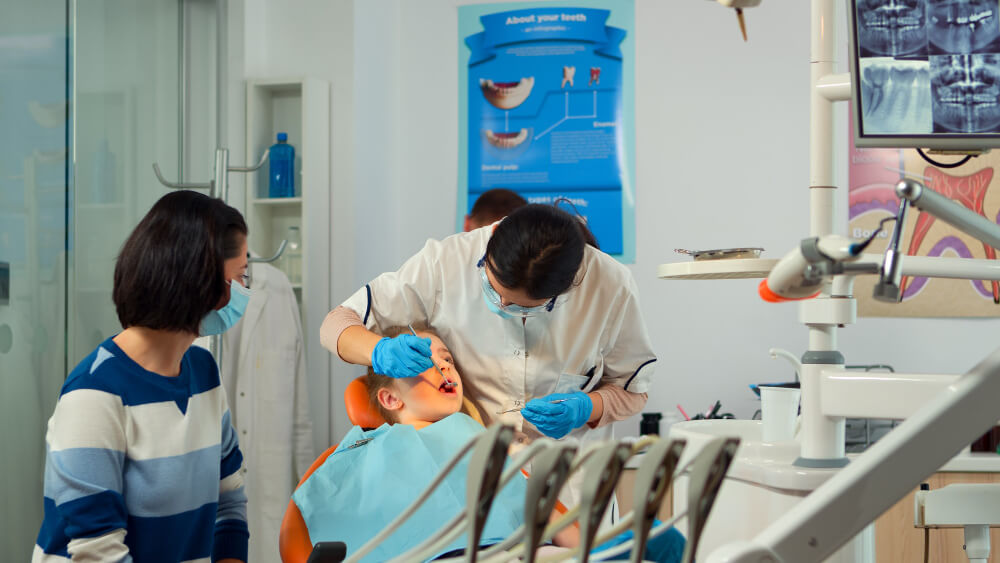Dental Emergencies: What to Do and How to Prevent Them

Dental emergencies can happen at any time and can range from a painful toothache to a knocked-out tooth. These emergencies require immediate attention to prevent further damage and preserve oral health. In this article, we’ll explore the most common types of dental emergencies, what to do in each situation, and how to prevent dental emergencies from happening in the first place.
Common Dental Emergencies
Some of the most common dental emergencies include:
- Toothache: A toothache can be caused by a variety of problems, including cavities, gum disease, or a cracked tooth.
- Chipped or broken tooth: A chipped or broken tooth can result from a fall, a sports injury, or biting on hard food.
- Knocked-out tooth: A knocked-out tooth can result from a fall, a sports injury, or a blow to the face.
- Lost filling or crown: A lost filling or crown can result from biting on hard food, grinding your teeth, or poor dental work.
- Soft tissue injury: A soft tissue injury, such as a cut or bite to the tongue, lip, or cheek, can result from a fall or biting on hard food.
What to Do in a Dental Emergency
In the event of a dental emergency, it’s important to act quickly to prevent further damage and preserve your oral health. Here’s what to do in each situation:
- Toothache: Rinse your mouth with warm water and apply a cold compress to the outside of your cheek. Call your dentist for an emergency appointment.
- Chipped or broken tooth: Rinse your mouth with warm water and apply a cold compress to the outside of your cheek. Save any broken pieces of the tooth and bring them to your dentist.
- Knocked-out tooth: Rinse the tooth with warm water and try to reinsert it into the socket. If you can’t reinsert the tooth, store it in a cup of milk and call your dentist.
- Lost filling or crown: Save the filling or crown and bring it to your dentist. In the meantime, you can cover the area with sugarless gum or over-the-counter dental cement.
- Soft tissue injury: Rinse the area with warm water and apply pressure to stop any bleeding. If the bleeding doesn’t stop, go to the emergency room.
Preventing Dental Emergencies
The best way to handle a dental emergency is to prevent it from happening in the first place. Here are some steps you can take to reduce your risk of dental emergencies:
- Practice good oral hygiene: Brush your teeth twice a day, floss daily, and visit your dentist regularly for check-ups and cleanings.
- Wear a mouthguard: If you play sports, wear a mouthguard to protect your teeth and gums.
- Avoid hard foods: Avoid biting on hard foods, such as ice and popcorn, that can chip or break your teeth.
- Don’t grind your teeth: If you grind your teeth at night, talk to your dentist about getting a night guard.
Conclusion
Dental emergencies can happen at any time, but by taking preventive measures and knowing what to do in each situation, you can minimize the damage and preserve your oral health. If you experience a dental emergency, call your dentist right away. With proper care and attention, most dental emergencies can be resolved, and your oral health can be restored.

Leave your comment
You must be logged in to post a comment.